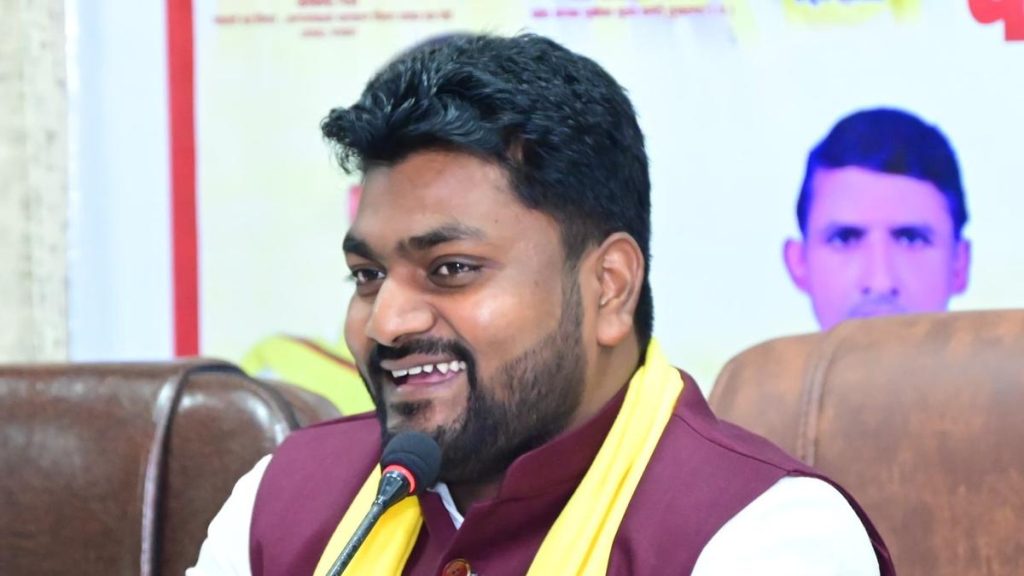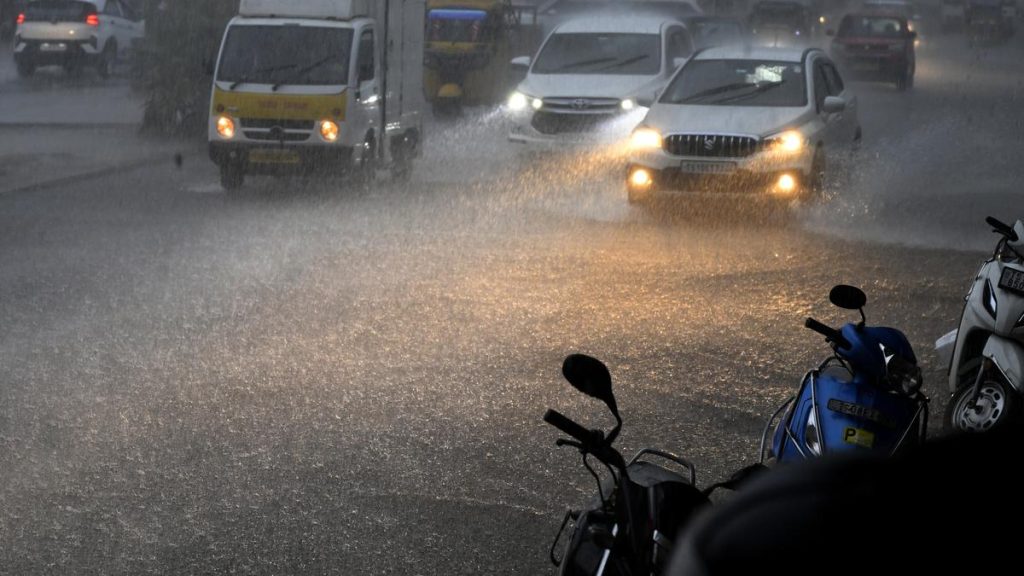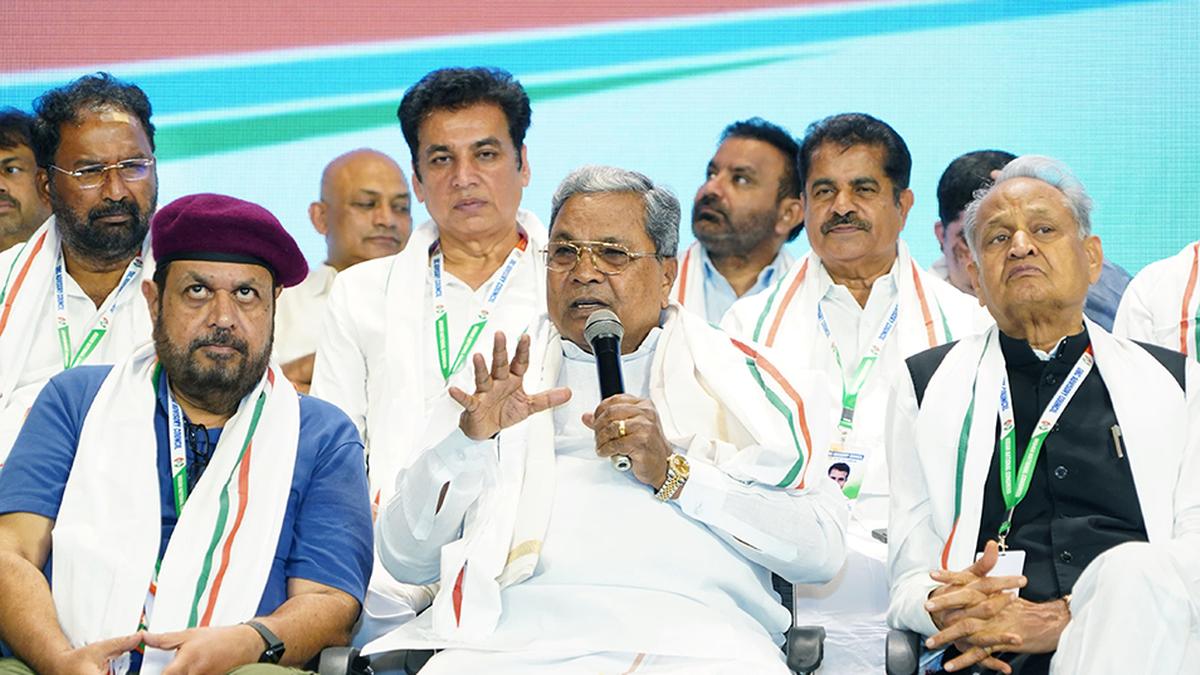Now Reading: Mahadevappa Dismisses Claims of ‘Super CM’ in Karnataka
-
01
Mahadevappa Dismisses Claims of ‘Super CM’ in Karnataka
Mahadevappa Dismisses Claims of ‘Super CM’ in Karnataka

Fast Summary:
- Minister H.C. Mahadevappa’s Statements:
– Dismissed claims that AICC General Secretary Randeep Singh Surjewala is the “Super CM” of Karnataka; clarified that Karnataka has only one Chief Minister.
– Explained Mr. Surjewala’s role as the party in-charge for karnataka, authorized to meet Ministers and MLAs.
– Stated that such meetings aim to ensure government stability and secure congress’s return to power.
- Criticism of Bridge Inauguration Protocol:
– Criticized the Union Government for inaugurating Sigandur bridge without inviting the State Chief Minister, terming it an unhealthy practice in parliamentary democracy.
– Claimed there was political “pressure” from BJP-State leaders on the centre regarding this action.
- Attribution of Project Vision:
– Asserted that plans for Sigandur bridge began under State leadership in 2013, later incorporated into Sagarmala by request due to cost considerations (₹480-₹520 crore).- Highlighted NHAI’s implementation while emphasizing it stemmed from State vision.
Indian Opinion Analysis:
The dismissal of opposition claims about Mr. Surjewala being perceived as a “Super CM” underscores internal attempts within Congress leadership to affirm Siddaramaiah’s position as undisputed Chief Minister while ensuring coordination between party officials and Ministers.These remarks seem intended to deflate criticism over governance stability amid routine party restructuring efforts.
On parliamentary protocol concerns surrounding the Sigandur bridge inauguration, Dr. Mahadevappa highlighted issues regarding state-central relations crucial for fostering cooperative federalism. His emphasis on perceived neglect toward state involvement signals underlying political tensions between Karnataka’s government and BJP at large-a recurring theme in Center-State dynamics across India.
The attribution of project origins reflects broader contestation over credit-sharing between state governments and central agencies when high-value infrastructure projects materialize. while such assertions can strengthen public messaging locally, they emphasize complexities intertwined with collaborative development models under different administrations.























